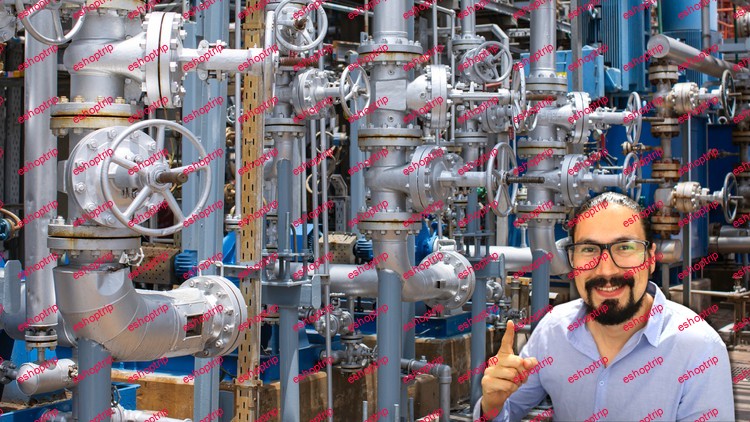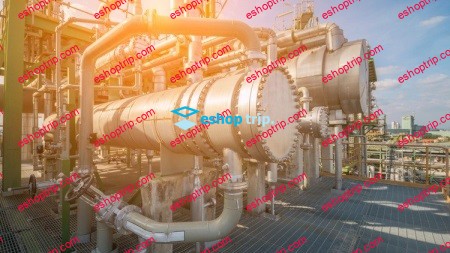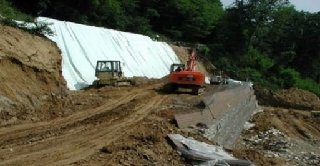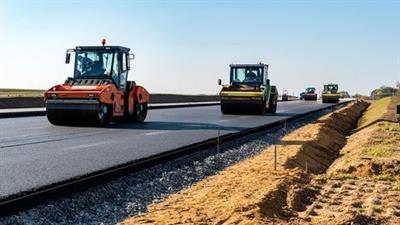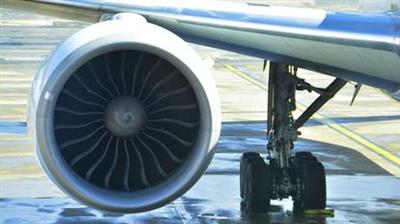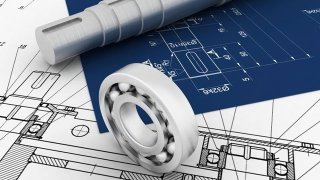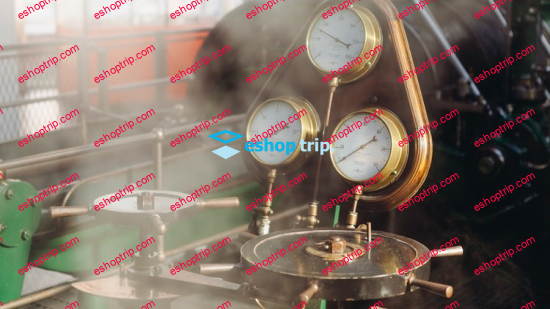Published 3/2024
Created by Chemical Engineering Guy
MP4 | Video: h264, 1280×720 | Audio: AAC, 44.1 KHz, 2 Ch
Genre: eLearning | Language: English | Duration: 73 Lectures ( 7h 2m ) | Size: 4.4 GB
Master Piping Systems: Equipment, Design, Operation & Energy Optimization
What you’ll learn:
Fundamentals of Mechanical Energy and the Mechanical Energy Equation
Mechanical Energy Concepts
Fundamentals of Piping Systems & Valves
Friction Loss due to Pipe Friction, Fittings and Valves
Reynolds Number: Laminar, Transient and Turbulent Flow
The Friction Factor: Concept, Idea, Calculations and Impact in Piping
Pressure Drops in Pipes
Pressure Drops due to Friction Loss
Requirements:
Basic Science such as Physics & Math
Description:
Course Description:Welcome to our comprehensive course on Fluid Mechanics, focusing on the dynamics of liquids as they move through pipes, fittings, and valves. We’ll also explore pipe materials, sizing, and dimensions, considering traditional options like steel and copper, as well as modern alternatives such as PVC and HDPE. Understanding how materials affect flow dynamics is vital for optimizing system performance.In addition to pipes, we’ll cover various fittings and valves used in industrial processes, each playing a critical role in regulating flow and pressure. By analyzing their impact on friction loss, you’ll learn to design efficient piping networks.This course covers essential concepts such as friction loss, pressure drop, Reynolds number, and more, tailored for professionals in the process and manufacturing industry.The Reynolds number helps us classify flow regimes – laminar, transient, or turbulent – within pipes, crucial for understanding flow behavior and predicting patterns accurately.Friction loss is central to understanding how energy dissipates as fluids encounter resistance in conduits. We’ll delve into the factors contributing to friction loss, including pipe surface roughness, velocity gradients, and fluid properties. Through equations like the Darcy-Weisbach equation and Hazen-Williams formula, you’ll learn to predict pressure drops accurately.To reinforce learning, the course offers solved problems covering friction loss calculations, pressure drop analyses, and flow rate determinations. These practical exercises will enhance your problem-solving skills and prepare you for real-world challenges in fluid mechanics.Join us on this enlightening journey through the intricate pathways of fluid flow and hydraulic engineering, equipping you with the knowledge and skills needed to excel in your field.What You Will Learn:By the end of this course, you will be able to:Mechanical Energy ConceptsFundamentals of Piping Systems & ValvesFriction Loss due to Pipe Friction, Fittings and ValvesReynolds Number: Laminar, Transient and Turbulent FlowThe Friction Factor: Concept, Idea, Calculations and Impact in PipingPressure Drops in PipesPressure Drops due to Friction LossFundamentals of Mechanical Energy and the Mechanical Energy EquationRecommended Audience:This course is suitable for both: Students & Professionals. From Undergraduate and Graduate engineering students, environmental science majors, all the way to Professionals in engineering, environmental, and technical fields.
Who this course is for:
Scicience & Engineering Students
Process Engineers, Chemical Engineers, Mechanical Engineer, Piping Engineering, etc…
Operator of Manufacturing/Process Industries
Homepage
https://anonymz.com/?https://www.udemy.com/course/flow-of-liquids-through-pipes-fittings-and-valves/
